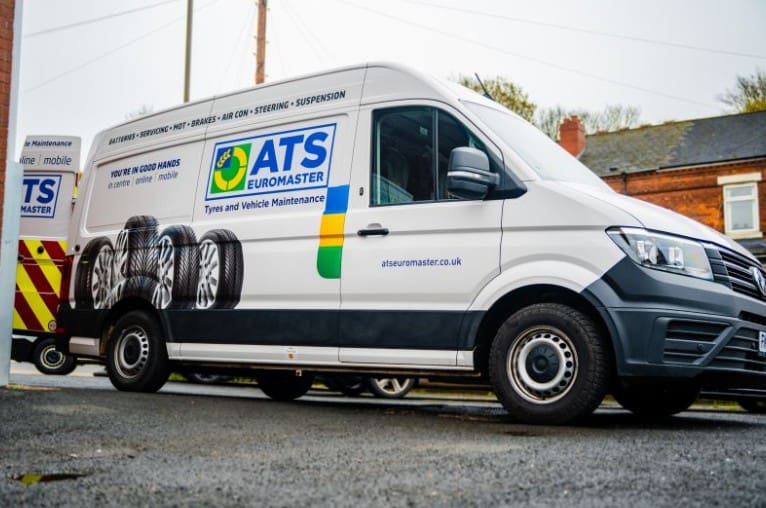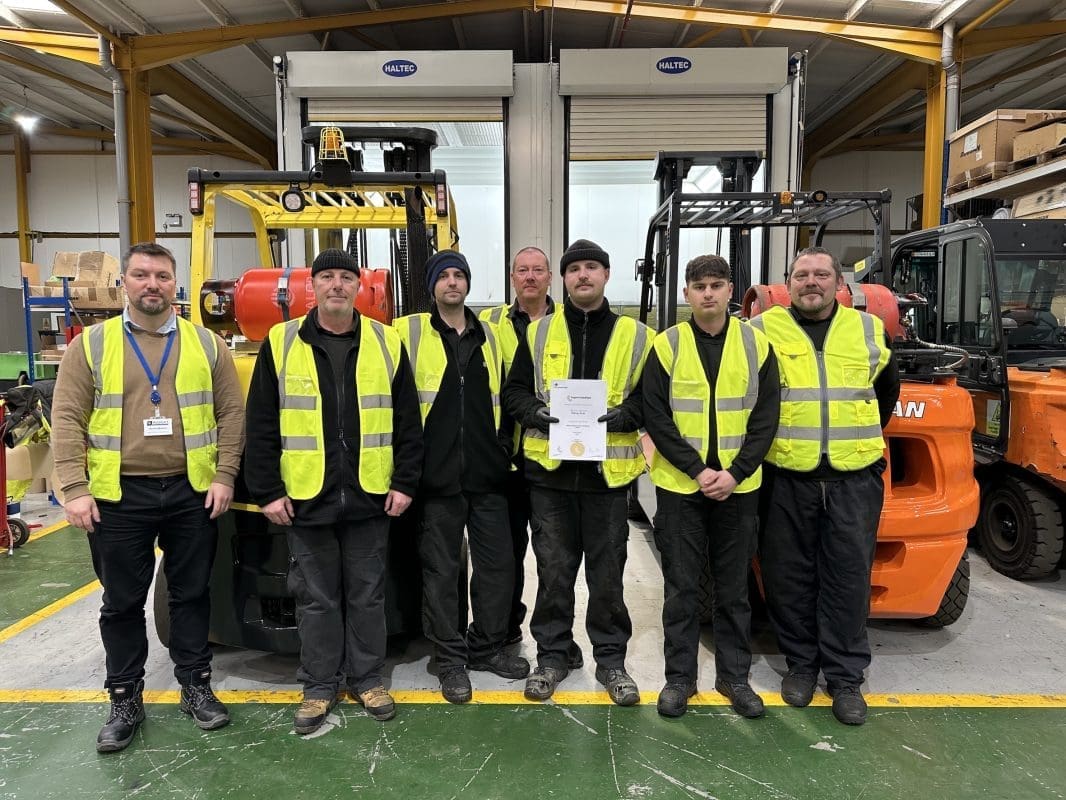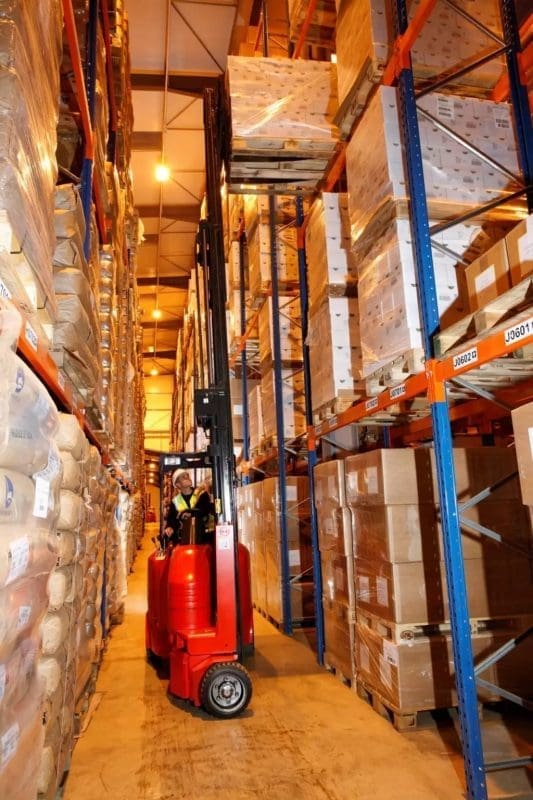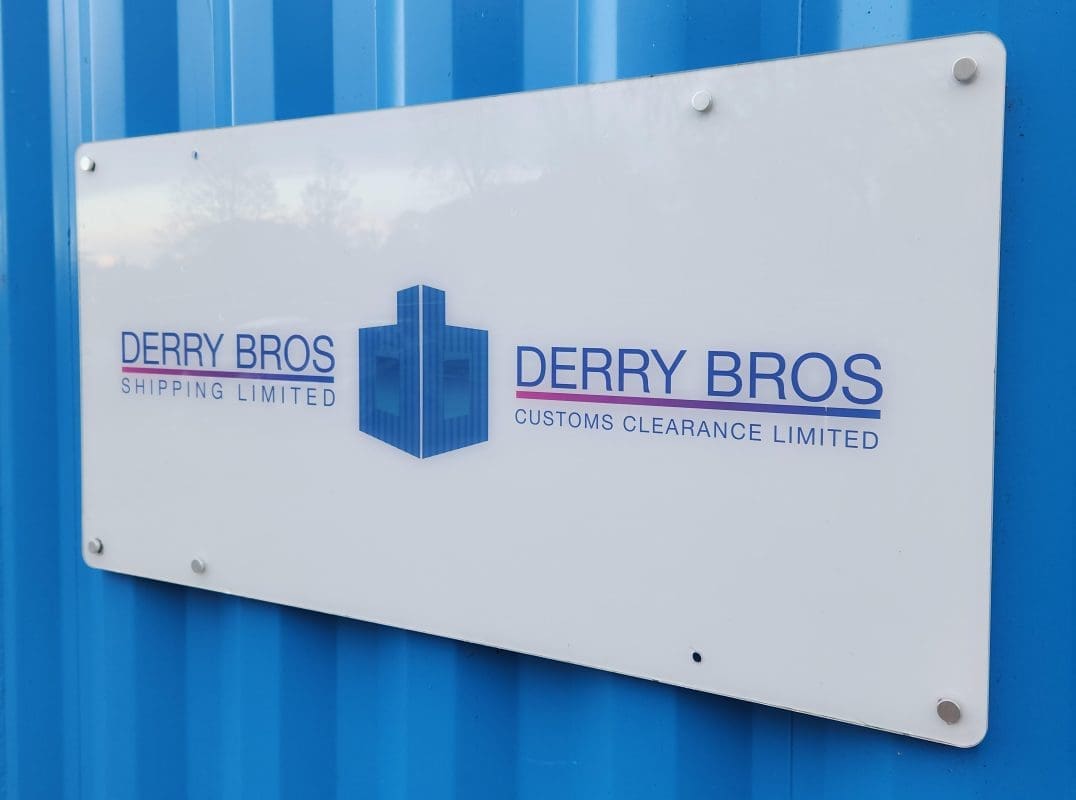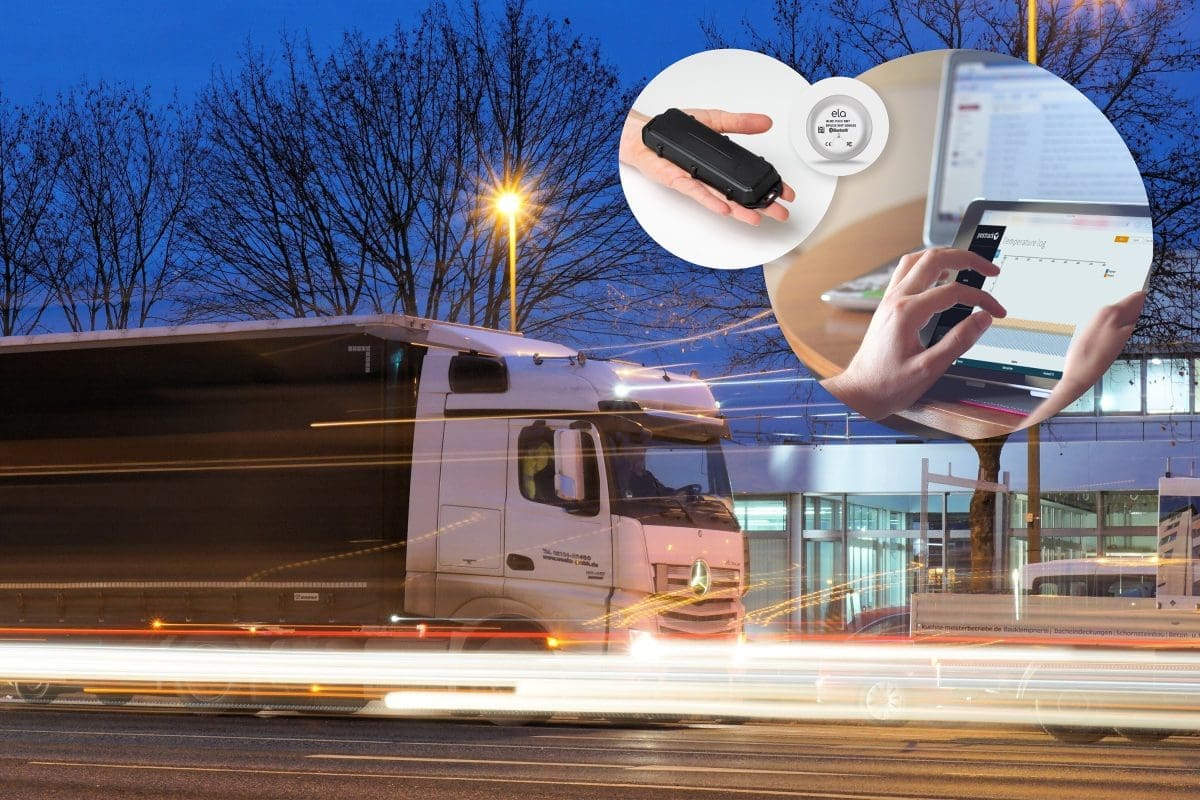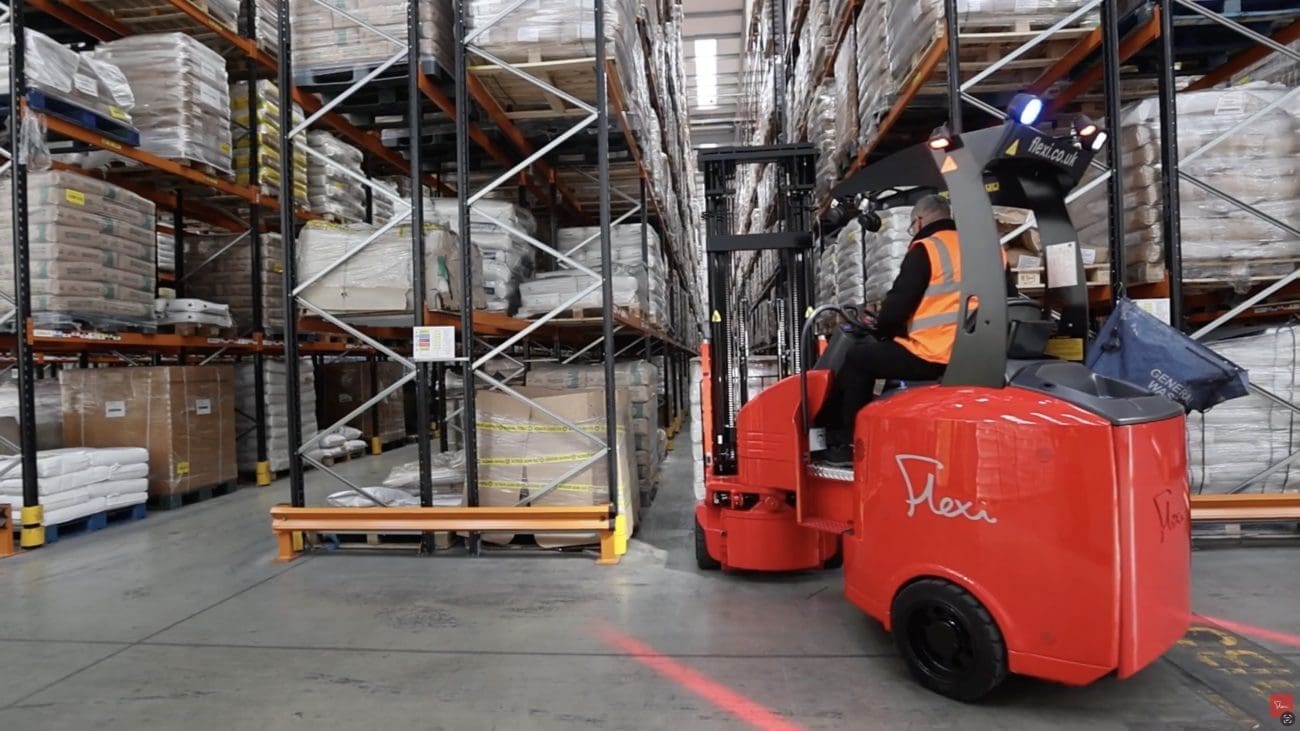- Shop All Documents + Bundles
- FORS V7.1 Document Bundle | Bronze (15 Policies)
- Transport Manager Compliance Pack (10 Policies)
- Transport Manager Compliance Pack (6 Policies)
- Health & Safety Policy Template
- Fuel, Emissions And Air Policy Template
- Operational Security Policy Template
- Serviceability And Roadworthiness Policy Template
- Road Traffic Collision Policy Template
- Counter Terrorism Policy Template
- Load Safety Policy Template
- Vehicle Routing And Scheduling Policy Template
- Driving Standards Policy Template
- Driving Hours Policy Template
- In Cab Technology Policy Template
- Passenger Safety Policy Template
- Complaints And Grievances Policy Template
- Drug And Alcohol Management Policy Template
- Hazard And Risk Identification Policy Template
- VOR (Vehicle Off Road) Policy Template
- Tyre + Wheel Policy Template
- Health & Eyesight Policy Template
- Transport Infringement Policy Template
- Walk Around Check (Defect Check) Tool Box Talk Template
- Transport Manager CV Template
- Social Media Policy Template
- Transport Manager Contract Template
- External Transport Manager Contract Template
- Driver Handbook
The Future of Sustainable Materials Handling: Green Solutions for Forklifts and Logistics Operations
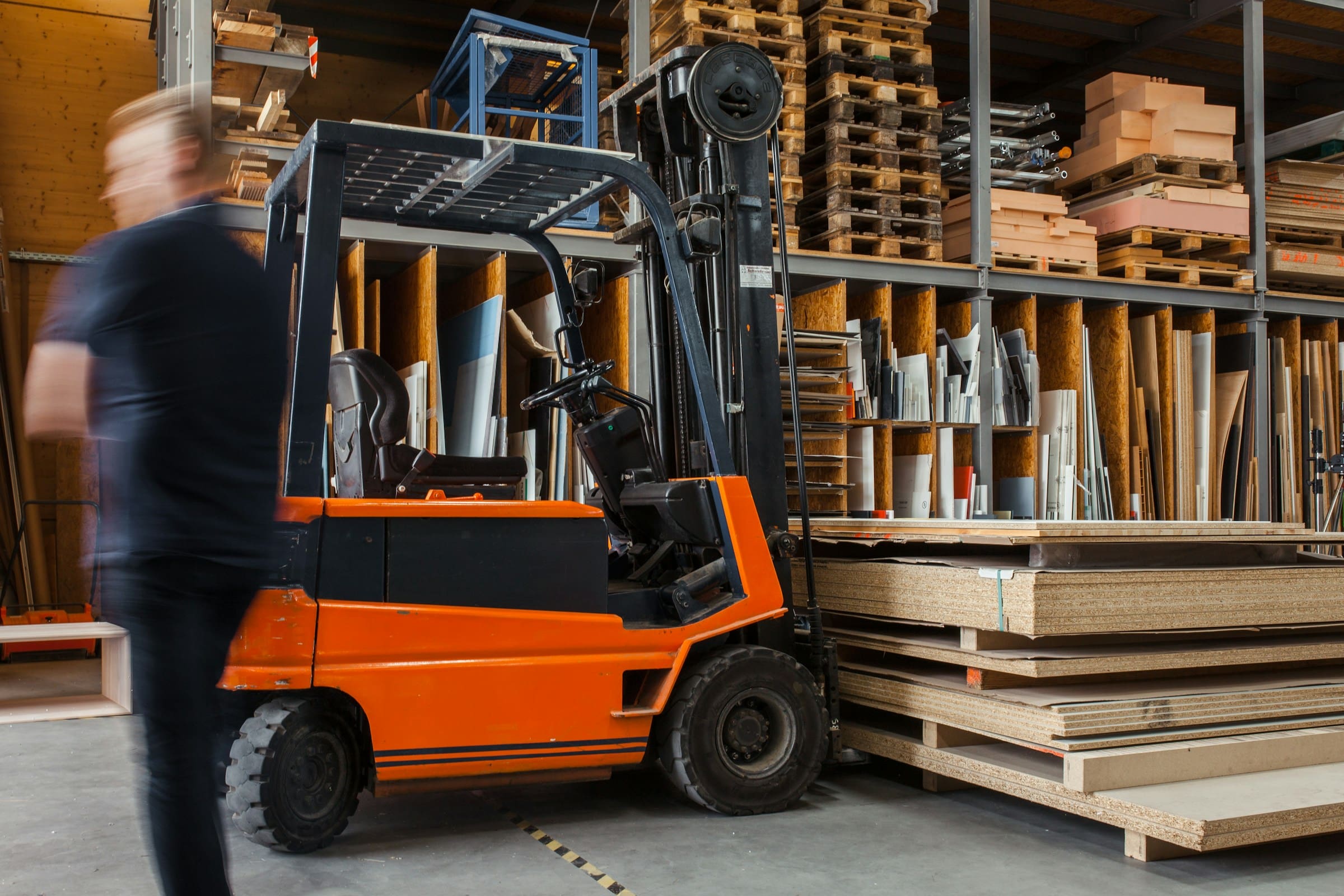
Green Solutions for Forklifts and Logistics Operations
Industries around the world are embracing greener practices to reduce their carbon footprint in an era of increasing environmental awareness and concern for sustainability. One area that’s seeing significant transformation is materials handling and logistics operations. From warehouses to distribution centres, companies are exploring innovative ways to make their processes more eco-friendly.
This article delves into the evolving landscape of sustainable materials handling, focusing particularly on the adoption of green solutions for forklifts and logistics operations.
The shift towards sustainability
Traditional methods often involve heavy machinery that runs on fossil fuels which causes air pollution and greenhouse gas emissions. However, with the growing urgency to combat climate change, there’s a palpable shift towards sustainable practices within the logistics industry. Several factors drive this shift including regulatory requirements, consumer demand for greener products as well as long-range economic benefits accruing from reducing operational costs.
Eco-friendly initiatives
Several eco-friendly initiatives embrace sustainable practices and innovative technologies to reduce environmental impact and enhance efficiency in materials handling operations. Some of them include:
1. Electrification
One of the most notable trends in sustainable materials handling is the widespread adoption of electrically powered forklifts among other equipment used in material handling. There are now plenty of responsive and smooth-handling models on the market, and they are a good choice when ventilation is limited inside due to a lack of emissions during operation. Electric forklift trucks have advanced battery technology that has longer runtime and faster charging, thus addressing downtime concerns about productivity.
The development in battery performance levels coupled with charging infrastructure increases the suitability of electrically powered forklift trucks also outdoors, hence contributing further towards reduced carbon emissions during logistic activities. This transition toward electrification serves not only ecological purposes but also provides actual pound savings along with operational effectiveness for companies.
2. Alternative Fuel
Besides electrification, there is a rising interest in alternative energy sources such as hydrogen and biofuels that can be used for powering material handling machines. Hydrogen fuel cells are characterised by fast refuelling and an extended driving range that suits heavy-duty operations.
On the other hand, biofuels originating from renewable sources assist in reducing the consumption of fossil fuels as well as lowering carbon emissions. Adopting these alternative fuels means that the energy sources for logistics will no longer be so concentrated while at the same time making society more independent and resistant to energy crises.
Moreover, investments into research and infrastructure of alternative fuel technologies create preconditions for a more sustainable environment-friendly tomorrow hence promoting innovations and progress within the materials handling industry.
3. Energy-Efficient Technologies
Applying energy-efficient technologies within the framework of logistic operations helps improve sustainability apart from the choice of fuel or power source. For instance, regenerative braking systems capture and store electrical energy during braking; which could then be used to propel a vehicle or feed back into the national electricity grid thus decreasing general demand for energetics.
Similarly, they have a longer service life vis-à-vis conventional lamps requiring less maintenance expenditure; thereby also contributing to environmental conservation through waste elimination. Smart energy management allows monitoring electricity usage in real-time hence finding areas requiring improvement which fosters constant efficiency advancements within materials handling operations.
4. Waste Reduction Strategies
Sustainable materials handling is more than just reducing emissions; it also involves minimising waste production and maximising the efficiency of resources. For instance, different companies are embracing recycling and reuse in their packaging while at the same time trying to eliminate unnecessary inventories through optimising inventory management techniques and employing transport systems that reduce fuel consumption.
Furthermore, progress in technology has made it possible for tracing and tracking of material use across the chain of supply thereby cutting on inventory levels and wastage. Waste can be transformed into valuable resources if businesses embrace circular economies which would not only mitigate the environmental impact but also advance sustainability within overall materials handling processes. These waste reduction initiatives will not just contribute towards ecological conservation but also enhance operational efficiencies and cost-effectiveness in logistic operations.
Challenges And Opportunities
1. Infrastructure
Although sustainable materials handling has several advantages when adopted, they pose infrastructure challenges. Incorporating electric or hydrogen-powered lift trucks may necessitate charging or refuelling stations as well as electrical system upgrades. Solving these infrastructural problems requires cooperation among industry stakeholders, government agencies, and technology providers.
Similarly, incentivising the building up of alternative fuels and renewable energy sources infrastructures will play a critical role in boosting the adoption rate of green practices for materials handling purposes. Overcoming barriers through infrastructure investment such as charging or refuelling facilities’ expansions allows logistics enterprises to mainstream eco-friendly options.
2. Cost Considerations
The purported cost barrier is another challenge hindering the widespread adoption of green solutions. In comparison with conventional diesel-powered ones, electric forklifts and other alternative fuels may have higher initial costs.
However, long-term savings from reduced fuel usage, and fewer maintenance charges coupled with any available kickbacks or grants sustained by green movements ought to be considered too essential factors in making such an acquisition decision apart from merely looking at upfront expenses.
Moreover, technological progress expectably brings down costs due to economies of scale hence improving its competitiveness over time. As a result, investing in sustainable materials handling is an environmental consideration and financially wise choice for businesses that want to stay ahead of future challenges and be competitive in the changing market.
3. Technological Innovation
Nonetheless, there are many opportunities within the field of sustainable materials handling considering the fast pace of technological advancements. New developments in battery technology, and fuel cell efficiency coupled with digitalisation have caused a reduction in costs as well as improved the performance of green solutions.
Additionally, by working together with manufacturers, suppliers and logistic providers they have been able to develop integrated end-to-end sustainable solutions. In terms of relevance to environmental sustainability in material handling operations, these technological breakthroughs not only enhance their productivity but also make them efficient enough for business purposes enabling them to meet high demand for more ecological logistics from customers without giving up their standing as key players in ever rapid market shifts.
4. Consumer Demand
The rising consciousness in consumers about the environment has increased demand for products made and transported sustainably. For example, companies that go green throughout their supply chain not only lessen their environmental footprint but also gain a competitive advantage in the market.
By contrast, if businesses align with consumer values and expectations, they can increase brand loyalty as well as drive growth into the future. Besides, open communication on efforts to adopt sustainable practices could help improve the reputation of a brand and build trust among customers thus increasing customer satisfaction and repeat business. Thus investing in sustainable materials handling isn’t just environmentally friendly but also sets businesses up for success in a marketplace where sustainability is increasingly proving to be a major driver of purchasing decisions.

